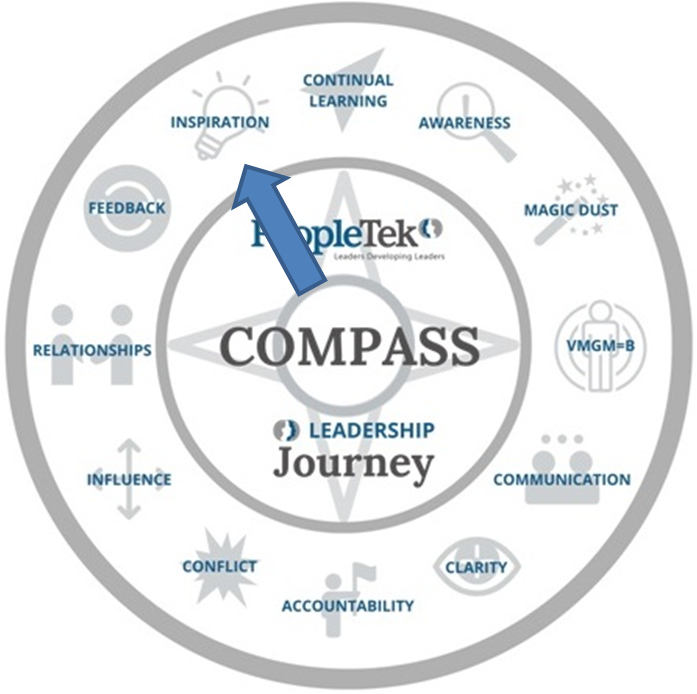Mentors guide, motivate, inspire and support – enabling the mentee to achieve their life’s goals and aspirations.—Mentor City
How do you define the role of mentor? We define it as “someone who imparts wisdom and shares knowledge with a less experienced person” and perhaps someone with “less exposure” than that of the mentor.
Part of the mentor’s role is to provide:
-Meaningful and frequent feedback
-Explore strengths and needs and create and update a development plan
-Networking opportunities are identified and leveraged
-Trusting relationships are built and nurtured
-Ongoing open lines of communication
-Realistic expectations for attaining goals and results
Mentoring may be formal or informal, but the expectations and roles should be defined and agreed to at the inception of the relationship.
1. What’s the purpose of the mentorship?
2. What type of expertise/guidance is the mentee seeking?
Note: In general, mentors/mentees do not have a reporting relationship allowing for candid discussions.
Here are some tips for the mentee:
Be receptive to coaching and suggestions made by your mentor
Focus on expectations; it’s up to you to share your desired goals (short and long term), what you view as your “dream job”, and your vision for your career path.
Stay current on required work skills. What talent would look good on your resume? Would any certifications or other position you to stand out from the competition?
Discuss your successes and accomplishments as well as your barriers and problem areas
Solicit feedback; what could you do better? What’s working well and what is not?
Are you willing to share your wisdom and experiences with others to help them grow? If yes, become a mentor!
A mentor can be a role model, coach, sounding board, voice of reason, emotional support, counselor, and a trusted resource.—Mentor City

